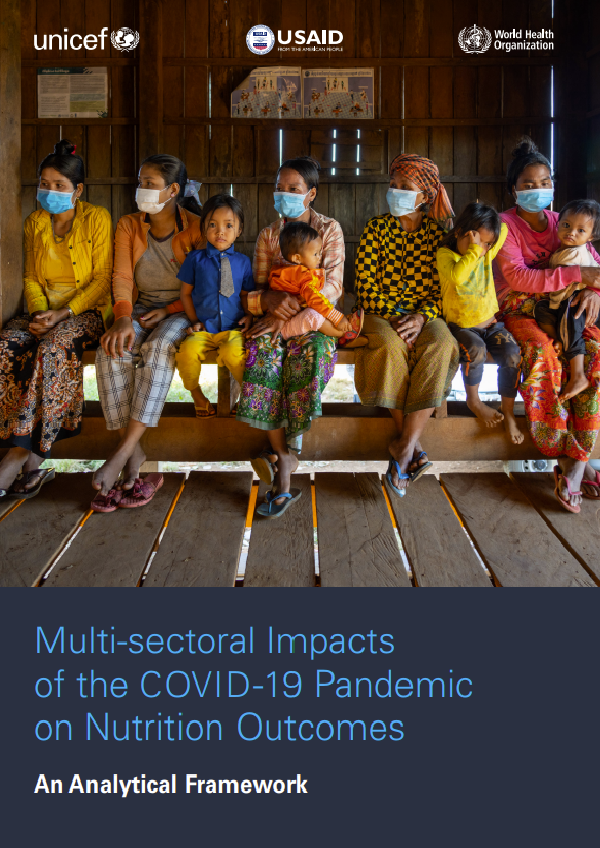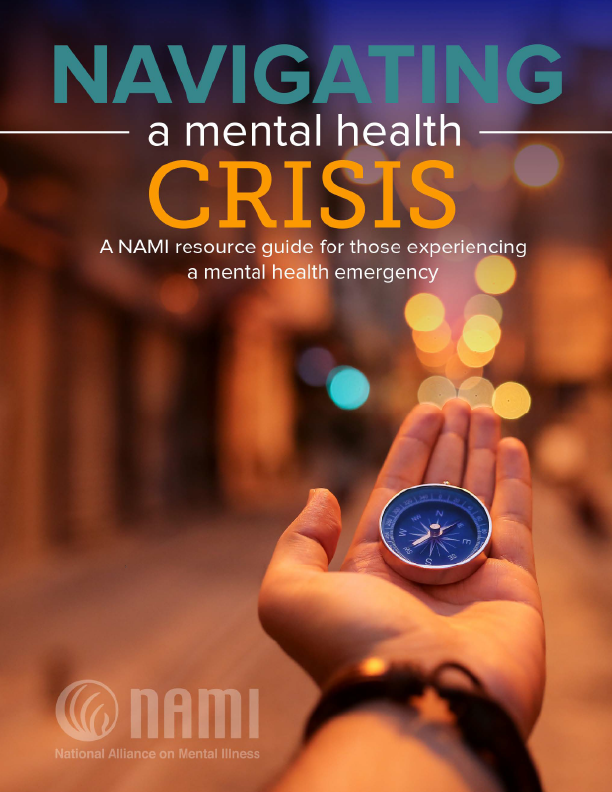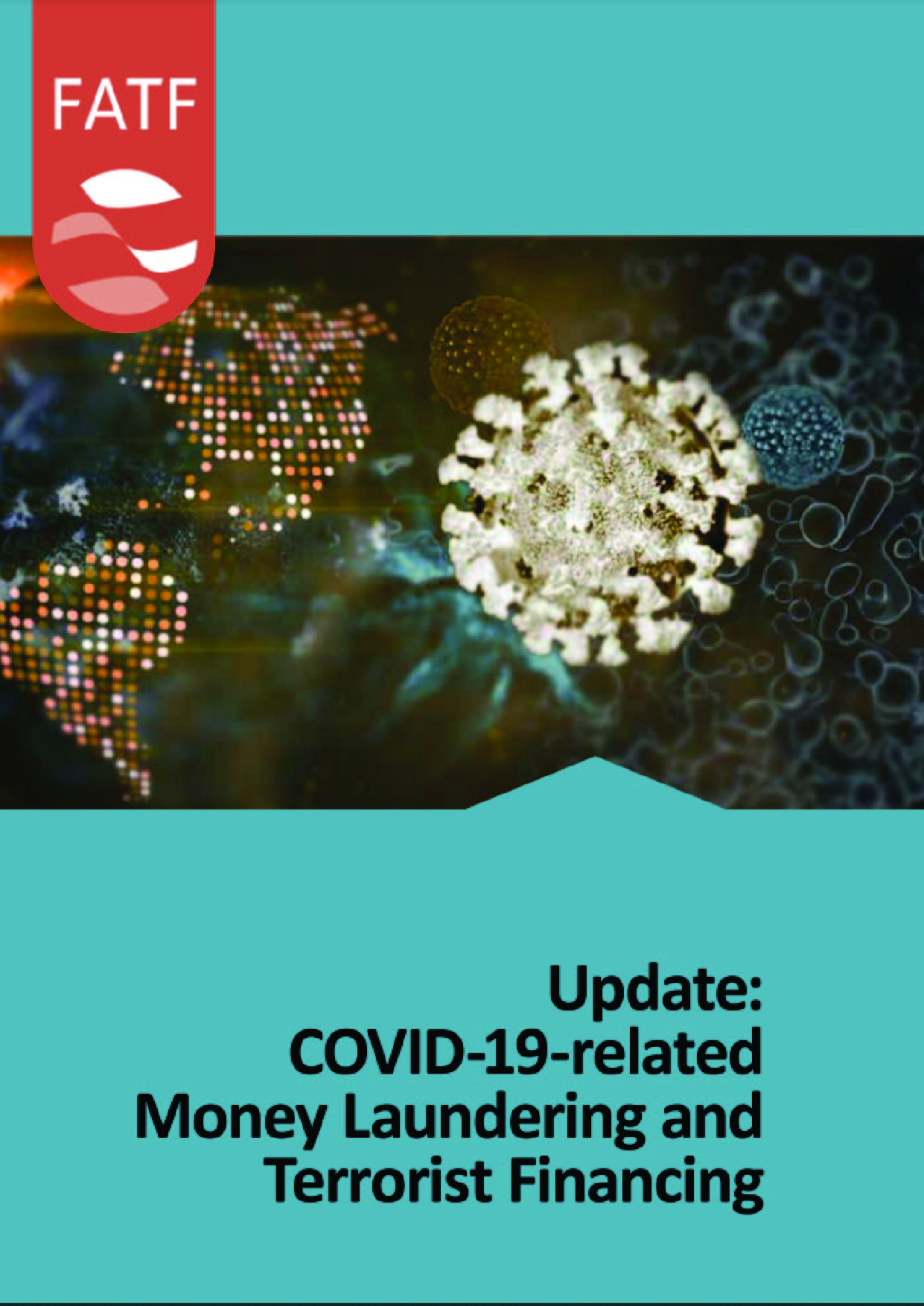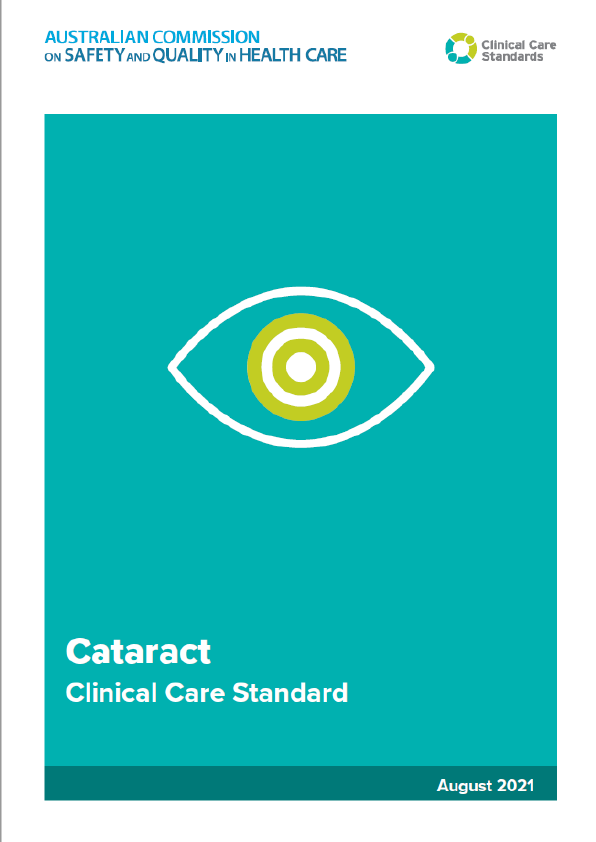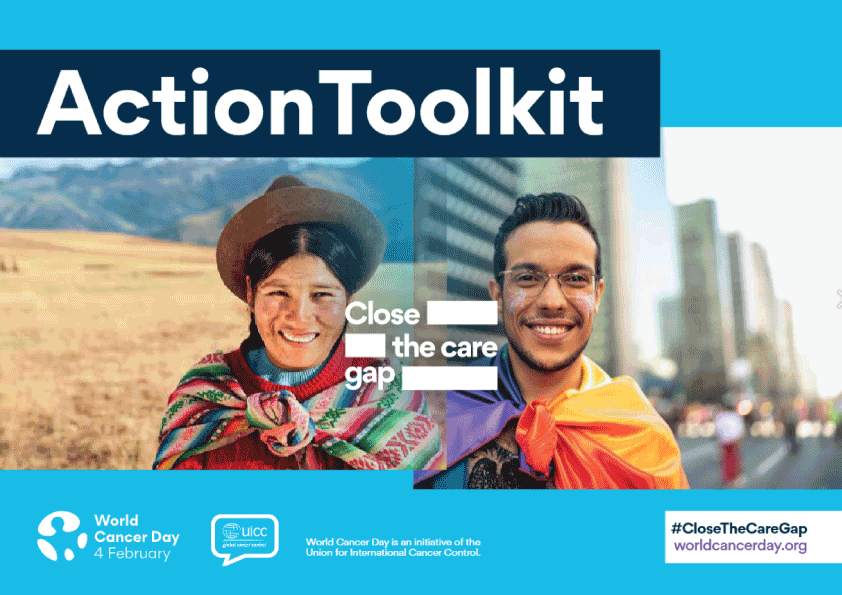This document describes the process and methodology used to develop the Analytical Framework, explains the different components, and provides guidance on how it can be adapted for its application to different contexts for specific nutrition outcomes.
The COVID-19 pandemic threatens to derail the progress made toward achieving the maternal, infant and young child nutrition targets endorsed by the World Health Assembly (WHA),i particularly the targets for stunting, wasting, and anaemia in women of reproductive age and exclusive breastfeeding. The prospects for achieving the WHA targets by 2025 were already low before the COVID-19 crisis, and the many disruptions to international, national and subnational structures and systems caused by the pandemic are threatening the progress made in recent years. For example, UNICEF reported that low- and middle-income countries experienced a 30 per cent reduction in the coverage of essential nutrition services in 2020. These services, including school feeding, micronutrient supplementation and nutrition promotion programmes, are a critical part of the integrated approaches needed to make progress toward the WHA targets.
The Agile Core Team for Nutrition Monitoring (ACT-NM) was set up in June 2020 to collaborate on key products and monitoring challenges to respond to the ongoing needs of the nutrition community. The founding members — the United Nations Children’s Fund (UNICEF), the United States Agency for International Development (USAID), the World Health Organization (WHO) and USAID Advancing Nutrition — felt that an “agile working group” would provide a consolidated voice on nutrition monitoring during the ongoing COVID-19 pandemic. There was an early consensus to prioritize the development of a comprehensive nutrition and COVID-19 analytical framework. The members of ACTNM agreed that the framework should focus on the public health pathways connecting the COVID-19 pandemic to nutrition outcomes in children and adults in low-, middle- and high-income countries, rather than the clinical or biomedical pathways through which the COVID-19 infectious disease may affect nutritional status. ACT-NM decided to focus the analytical framework on the six maternal, infant and young children nutrition targets endorsed by the WHA, since they guide national commitments towards the elimination of malnutrition in all its forms, one of the Sustainable Development Goal targets.
Primary purposes of the framework include:
- Helping policymakers and implementers better identify and assess potential pathways for tracking the intersection between the COVID-19 pandemic and nutrition
- Providing a useful tool for planning policies, programmes and interventions
- Identifying data needs and gaps
A secondary purpose of the framework is to provide a structure for modelling efforts through the use of different pathways, including a more in-depth examination of the model parameters and definitions.
The framework has the potential to support an integrated, systems approach to nutrition challenges caused, increased or intensified by the COVID-19 pandemic and future pandemics/crises
